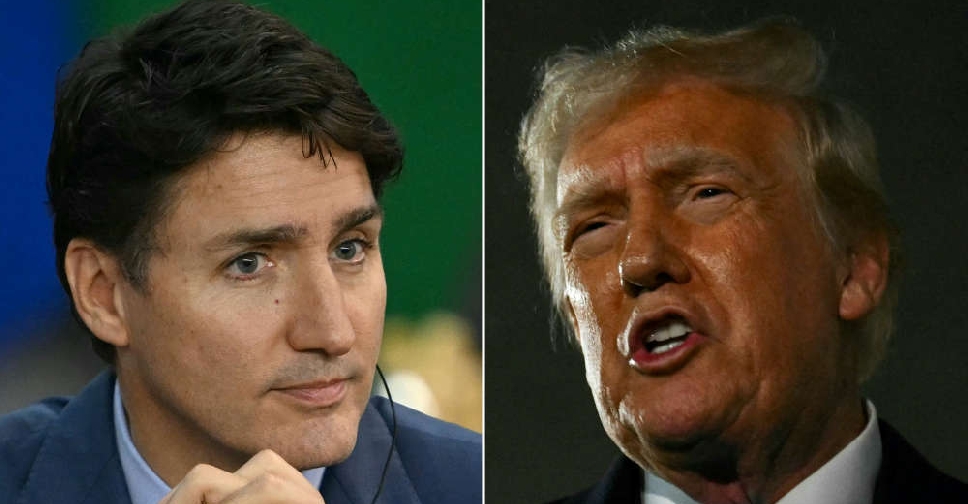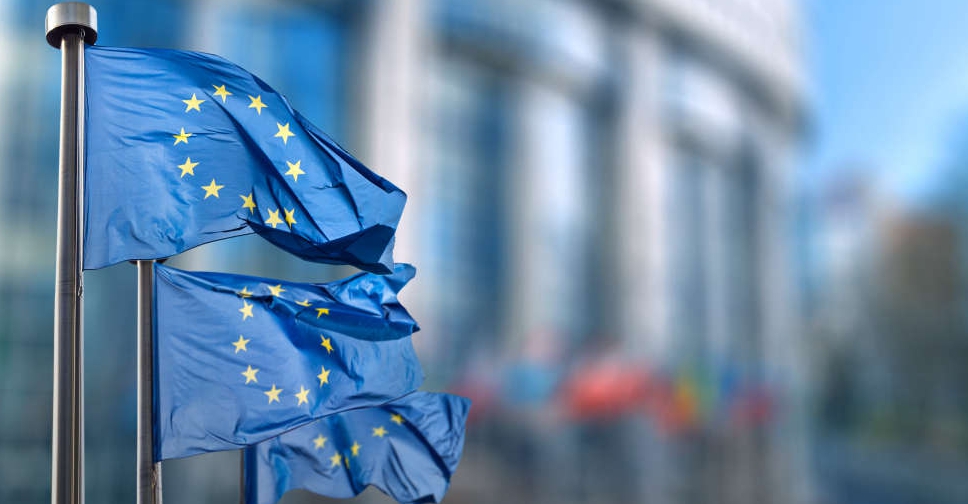
Donald Trump told Canadian Prime Minister Justin Trudeau that he had not done enough to curb fentanyl smuggling in a phone call on Wednesday that did not appear to convince the US president to lift his punishing 25% duties on all imports from Canada and Mexico.
However, US Commerce Secretary Howard Lutnick said Trump might carve out exemptions for automobiles or other products.
"There will be some categories left out. It could well be autos. Could be others as well," Lutnick said on Bloomberg TV.
Trump and Trudeau discussed fentanyl and trade issues on their phone call and talks will continue between the two countries, Trudeau's office said.
"The call ended in a 'somewhat' friendly manner!" Trump wrote on his Truth Social platform.
The tariffs threaten to derail Canada's fledgling economic recovery and could trigger a recession, as the country relies on the United States for 75% of its exports and a third of all imports.
Trade tensions also already may be hurting the United States. New data released on Wednesday showed slowing payroll growth, as well as lower wage growth for workers who switch jobs, with uncertainty around Trump's policies a likely factor.
The dollar hit three-month lows on Wednesday, and US stock indices have fallen steadily this week. The Nasdaq has fallen 9% since February 20.
The tariffs pose extreme difficulties for automakers, which produce vehicles in all three countries and often ship parts across North American borders multiple times as they get built up into systems and finished vehicles.
An exemption for cars and trucks that comply with USMCA's complex North American content rules, for duty-free access to the US market, as Trump suggested on Tuesday, would be a boon for Ford, GM and Stellantis.
Their vehicles comply with USMCA's complex 75% North American content rules - requirements agreed by Trump during his first term to keep parts production in the region.
For full duty-free regional access, the rules also require 40% of a passenger car's content to be manufactured in the United States or Canada, based on a list of "core parts" including engines, transmissions, body panels and chassis components. The threshold for pickup trucks is 45%.
Automakers have expressed support for boosting US investment but want certainty over tariff policies as well as on vehicle emissions rules before making dramatic changes, two industry sources said.
"We are prepared to work with the Trump administration to support further investment in our US manufacturing footprint, but we need time to make these changes without negatively impacting the business and our customers," Stellantis told its dealers Tuesday in an email seen by Reuters.
An exemption also would benefit some foreign brand automakers with large US production footprints, including Honda and Toyota, but some competitors that don't comply would have to pay the full 25% US tariffs.




 EU seeks unity in first strike back at Trump tariffs
EU seeks unity in first strike back at Trump tariffs
 UK's Jaguar Land Rover to halt US shipments over tariffs
UK's Jaguar Land Rover to halt US shipments over tariffs
 US starts collecting Trump's new 10% tariff
US starts collecting Trump's new 10% tariff
 Nasdaq set to confirm bear market as Trump tariffs trigger recession fears
Nasdaq set to confirm bear market as Trump tariffs trigger recession fears

